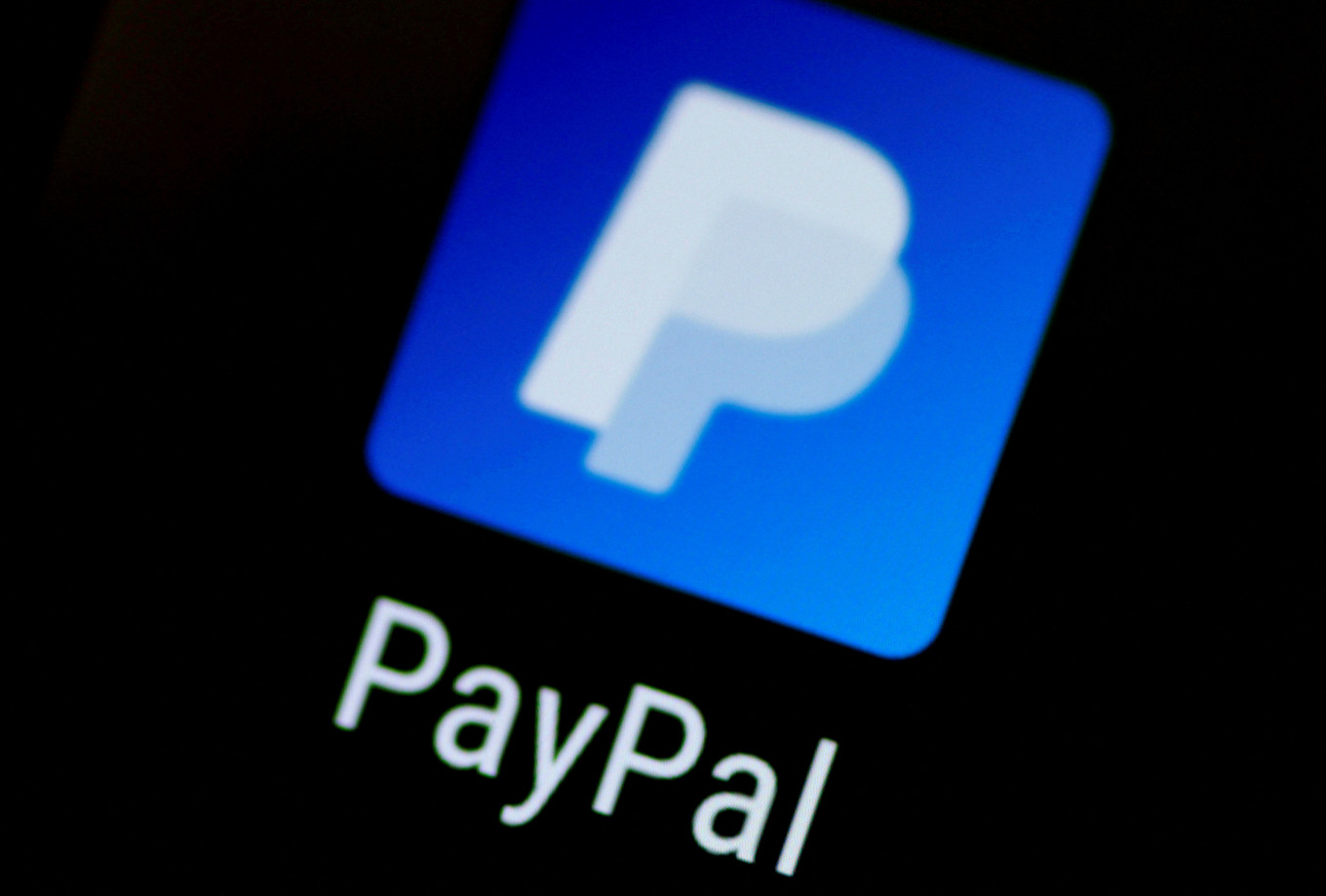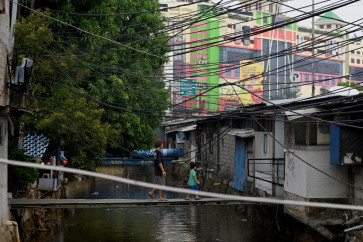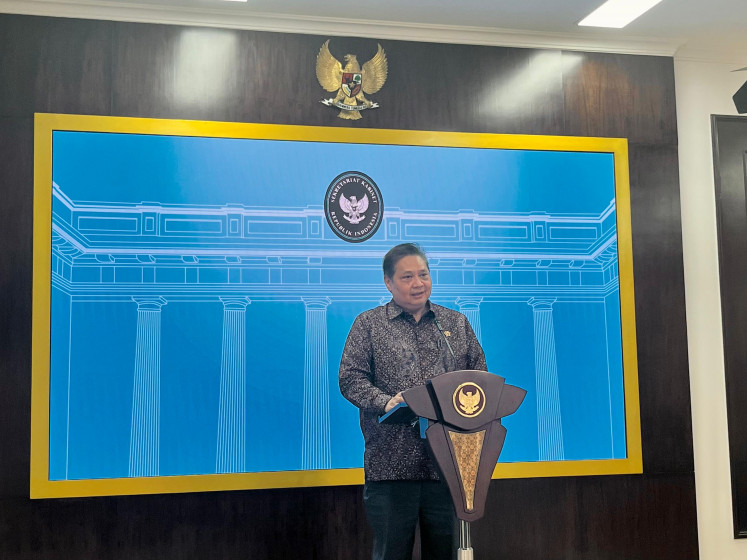Government unblocks PayPal, Steam, Yahoo after outcry
Change text size
Gift Premium Articles
to Anyone

T
he Communications and Information Ministry has reopened access to popular electronic services providers (ESPs) PayPal, Valve Corp and Yahoo following a backlash – especially on social media – against the government's decision to block access citing the ESPs’ failure to comply with a controversial licensing regime.
In a written statement released on Tuesday, the ministry’s informatics applications director general, Semuel Abrijani Pangerapan, said the block on services from Yahoo and video game company Valve Corporation’s online gaming platforms Steam, CS: GO and Dota, had been lifted on Tuesday morning.
“[Access to] Valve Corp [and] Yahoo has been normalized since 8.30 a.m. today,” the official.
Semuel also said that access to payment gateway platform PayPal was reopened at 8 a.m. on Sunday.
“As such, the public can now access the three ESP groups,” he said.
Semuel, however, did not say whether the ESPs had agreed to comply with the licensing regulation.
In an interview with Kompas on Monday evening, the official said PayPal was in the process of registering.
“PayPal has had correspondence [with us]. They say it’s their priority to complete the registration,” Semuel said as reported by Kompas.
The government has faced outcry over the decision to block access to eight ESPs: Paypal, Yahoo and online game platforms Steam, Dota, Counter-Strike, Epic Games and Origin.com, as well as data platform Xandr.com, on Saturday for failing to meet last week’s deadline for the licensing policy.
The requirement to register is stipulated in a controversial 2020 ministerial regulation on private ESPs, which also grants the ministry the right to block access to digital platforms if they fail to register by the July 20 deadline.
The government’s ESP regulation has been hugely unpopular, spawning an online movement under the hashtag of #BlokirKominfo (block the Communications and Information Ministry) that criticized the licensing policy as hurting freelance workers who use PayPal and Indonesia's online gaming industry.
The hashtag, which had been used on 70,000 tweets protesting the policy as of Sunday, set off a trend among social media users of sharing internet memes and ridicule, mostly targeted at Communications and Information Minister Johnny G Plate of the pro-government NasDem Party.
Some 200 foreign and 8,700 domestic private ESPs, including massively popular platforms such as Zoom, Twitter, Facebook, Instagram, WhatsApp, Google and YouTube, had registered with the Communications and Information Ministry before the July 20 registration deadline.
Under the ministry’s ESP regulation, all registered platforms must take down content that "incites unrest" or "disturbs public order" within 24 hours of receiving a ministry instruction to do so.
If the content contains child pornography or messages supporting terrorism – or if the ministry feels there is an immediate need to remove the content for the sake of public order – registered platforms will have four hours to remove the offending post following the ministry's warning.
If a platform ignores the order, the ministry can order internet service providers to block access to it.
Critics have raised concerns that such ESPs will find it easier to simply self-censor content and provide ready access to user data rather than risk tangling with regulators in an opaque legal system.
The Jakarta Legal Aid Institute (LBH Jakarta) has described the government’s blocking of the ESPs as a form of “digital authoritarianism”, saying that it infringed on the public’s right to freedom of information.
LBH Jakarta said that the ministerial regulation was not strong enough to be the legal basis to enforce such blocking and that the regulation had always been problematic, particularly since it allowed the government access to personal information under the guise of law enforcement.
The rule on ESPs itself is one of a set of implementing regulations issued to carry out Government Regulation No. 71/2019 on electronic systems and transactions, which is based on the draconian Electronic Information and Transactions (ITE) Law, which has been used to silence activists and government critics.
With more than half of the country’s 270 million people having access to the internet, according to a 2020 Statistics Indonesia survey, Indonesia continues to be a significant market for a host of tech platforms, particularly since the country is also known for its social media-savvy youth. (dre)









